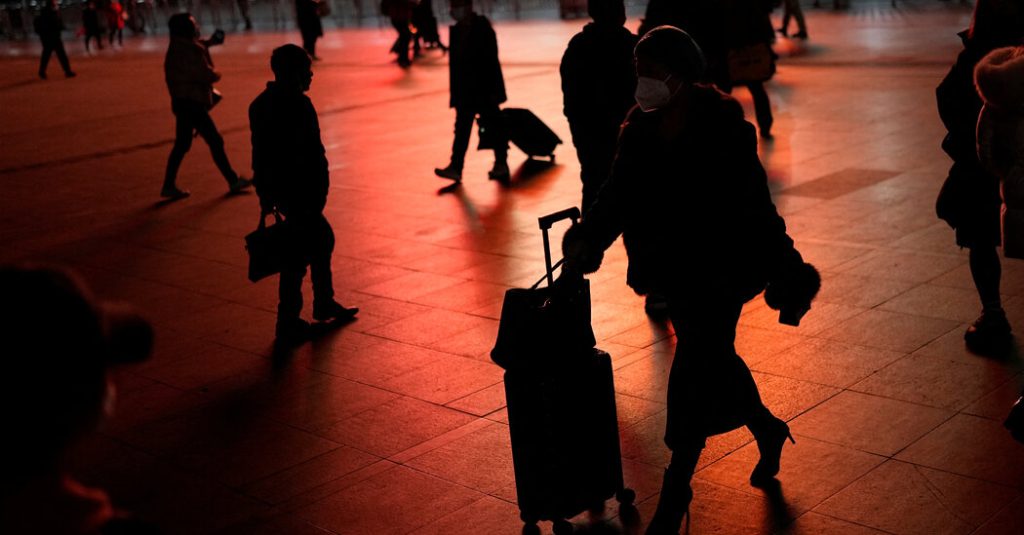
“My feeling now is that everyone is afraid of testing positive, and those who are shy don’t dare to come out,” she said. Relaxing the country’s Covid rules is a good first step, Zeng said, but the government needs to do more to support ordinary people and small businesses, adding that “nothing is certain at the moment.”
Ting Lu, chief China economist at Japanese brokerage Nomura, said he wasn’t “very optimistic” about a sharp recovery in the Chinese economy, as he expected continued disruptions from an overwhelmed healthcare system and a surge in infections. He added that he expects pent-up demand in the economy to be “relatively weak” next year after three years of lockdowns that have drained the financial resources of many Chinese households.
Part of the lingering uncertainty about how China will emerge from “zero Covid” is that no country of this size has pivoted so quickly, this radically — shifting overnight from a full-blown offensive against Covid to learning to live with the virus. Established rules change day by day.
As of last week, asymptomatic cases or mild cases no longer require hospitalization. All restrictions imposed on the purchase of influenza and pain relief medicines were also lifted, which led to a rush to take fever pills and even some traditional Chinese medicines. On Tuesday, China also disabled a travel-tracking app, one of several smartphone apps the government has used to monitor the whereabouts of Chinese citizens to assess Covid-19 risks.
Two months ago, before crowds of people took to the streets to protest against the government’s strict policies on Covid, Xi Jinping, the leader of China, said that COVID is such a serious danger to public health that fighting the virus requires “total war. “
“It’s amazing how the entire control system evaporated in two weeks,” said Mr. Wottke. “What does this do for work? I don’t know.”
Mark Woolhouse, professor of infectious disease epidemiology at the University of Edinburgh, said that when Australia and New Zealand abandoned their zero-Covid ambitions last year, they were able to do so somewhat successfully because they had implemented “effective vaccination programs with effective vaccines.”





More Stories
Jasper Fire: Latest map after wildfires erupt in Jasper National Park, Alberta
SNCF: French high-speed trains disrupted by ‘coordinated sabotage’ ahead of Paris Olympics opening ceremony
Macron Responds to Left-Wing Efforts to Rule France – Politico